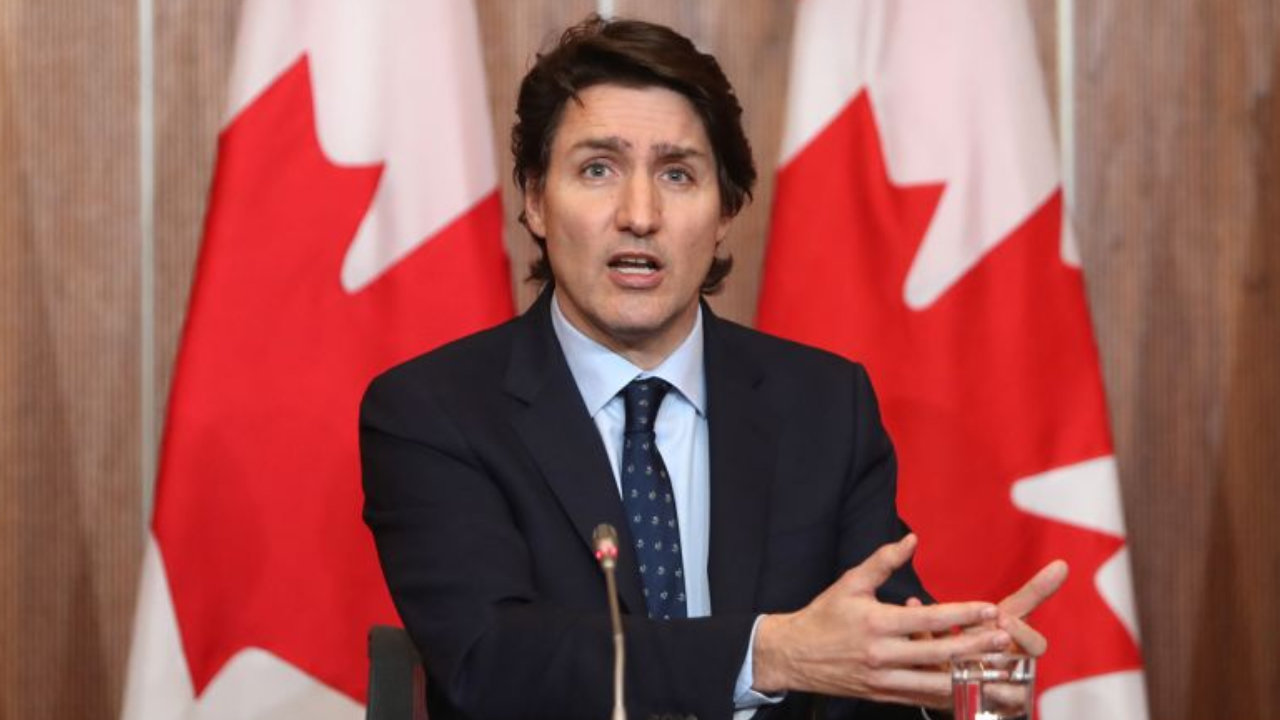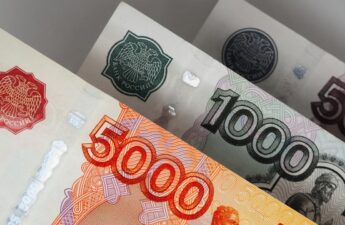Canada’s prime minister, Justin Trudeau, has ended the use of the Emergencies Act invoked last week to deal with the Freedom Convoy trucker protest. The Canadian police have also instructed financial institutions to unfreeze accounts previously frozen. “The situation is no longer an emergency, therefore the federal government will be ending the use of the Emergencies Act … We are confident that existing laws and bylaws are sufficient,” said the prime minister.
Trudeau Ends Emergencies Act
Canadian Prime Minister Justin Trudeau announced Wednesday that he is revoking the use of the Emergencies Act which his government invoked last week to deal with the Freedom Convoy trucker protest.
While acknowledging that the “threat continues,” Prime Minister Trudeau said in a press conference:
The situation is no longer an emergency, therefore the federal government will be ending the use of the Emergencies Act … We are confident that existing laws and bylaws are sufficient.
“We were very clear that the use of the emergencies act would be limited in time,” Trudeau reiterated.
Canada’s governor general signed off on the revocation Wednesday afternoon, formally ending the state of emergency.
The state of emergency in Ontario has also been lifted. However, Premier Doug Ford’s office said the “emergency tools provided to law enforcement will be maintained at this time as police continue to address ongoing activity on the ground.”
Canadian Police Instruct Financial Institutions to Unfreeze Accounts
The Royal Canadian Mounted Police (RCMP) instructed financial institutions and cryptocurrency exchanges to freeze accounts and crypto wallets tied to the Freedom Convoy protest last week. At least 34 crypto addresses were flagged. The Trudeau government subsequently announced that more accounts would be frozen.
Isabelle Jacques, Canada’s assistant deputy minister for finance, told a parliamentary committee that up to 210 bank accounts holding about $7.8 million were frozen but are now in the process of being unfrozen.
“Information was shared by the RCMP with financial institutions and we were informed yesterday by financial institutions that they were unfreezing the accounts,” she revealed, elaborating:
The vast majority of accounts are in the process of being unfrozen, subject to any new information that the RCMP may have.
Addressing concerns that protest donors’ accounts were also frozen, the RCMP said in a statement released Monday that it only provided banks with the names of Freedom Convoy organizers and the truck owners who refused to leave the protest area. The Canadian police stressed:
At no time did we provide a list of donors to financial institutions.
Jacques noted that the financial measures in the Emergencies Act came into force on Feb. 15 and should not affect anyone who donated to Freedom Convoy truckers before that date.
In addition, she explained that the measures were specifically designed to convince protest organizers and participants to go home. While stating that “It would appear to be unlikely” that accounts of donors were frozen, she admitted, “It’s not impossible.” The assistant deputy minister for finance opined:
Based on the knowledge that I have, I think it would be unlikely that someone who gave … $20 three weeks ago, or even $20 post Feb. 15, that they would have been captured by a freeze.
Tags in this story
Canada, Canadian Prime Minister, Emergencies Act, emergency powers, Freedom Convoy, freedom convoy truckers, Lift account freeze, Prime Minister Justin Trudeau, protest donors, protest organizers, protest organizes, revoke emergencies act, unfreeze accounts
What do you think about Prime Minister Justin Trudeau ending the use of emergency powers and the police unfreezing accounts? Let us know in the comments section below.
![]()
Kevin Helms
Image Credits: Shutterstock, Pixabay, Wiki Commons
Disclaimer: This article is for informational purposes only. It is not a direct offer or solicitation of an offer to buy or sell, or a recommendation or endorsement of any products, services, or companies. Bitcoin.com does not provide investment, tax, legal, or accounting advice. Neither the company nor the author is responsible, directly or indirectly, for any damage or loss caused or alleged to be caused by or in connection with the use of or reliance on any content, goods or services mentioned in this article.


